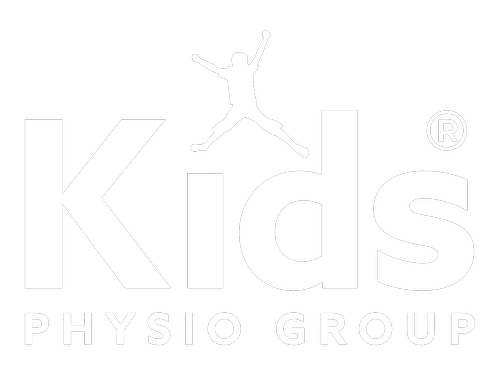Troubles génétiques rares

Syndrome d'Angelman
Angelman syndrome is a genetic disorder that mostly affects the nervous system. Les signes et symptômes comprennent:
- Retard de développement sévère et troubles d’apprentissage
- Mouvements saccadés des bras et des jambes
- Peut inclure des troubles du sommeil, des convulsions et des troubles de l'alimentation
- D'importantes difficultés de communication
The child can also experience motor issues such as tremors, wide-based gait, jerkiness, ataxia (presence of abnormal, uncoordinated movements), and loss of balance. Physiotherapy can assist by:
- Working on mobility, gross motor function, strength, and increasing bone density
- Monitoring for scoliosis
- Making recommendations for the use of orthotics
Syndrome de Kabuki
Kabuki syndrome is a rare congenital disorder of genetic origin that can affect multiple parts of the body. Signs and symptoms include:
- Aspect facial caractéristique : microcéphalie, hypotonie, problèmes oculaires, fente palatine
- Déficience intellectuelle légère à modérée
- Anomalies squelettiques, notamment anomalies de la colonne vertébrale et luxations articulaires
Physiotherapy can assist children by introducing play therapy to help with gross motor development and strengthening.
Prader-Willi Syndrome
Prader–Willi syndrome is a genetic disorder caused by a loss of function of certain genes on chromosome 15. Les signes et symptômes comprennent:
- Un trouble génétique multisystémique caractérisé pendant la petite enfance par une léthargie
- Diminution du tonus musculaire
- Faible succion et difficultés d’alimentation avec faible prise de poids
- Déficiences cognitives et croissance
- Carence hormonale
Early intervention with physiotherapy can help in supporting children to meet their motor milestones. On-going play-based physiotherapy allows for increased endurance, strength, and development.
RÉSERVEZ VOTRE ÉVALUATION INITIALE AUJOURD'HUI
Procédez à l'étape suivante et faites de la santé de votre enfant une priorité !
